Animal disease control is not a subject you would not normally expect to see taught in our schools.
But secondary pupils in Shetland have been given hands-on laboratory experience of how diagnostics directly impact livestock health.
They also learned about some exciting science-based careers.
It was all part of an initiative run by the Moredun and James Hutton research institutes.
Workshops, diagnostic demos and community engagement events
The week-long programme of animal health-related activities was funded by the Holyrood-backed Scottish Environment, Food and Agriculture Research Institutions.
It featured workshops, diagnostic demos and community engagement events.
Moredun and James Hutton scientists shared vital skills and knowledge about animal disease management with pupils, many of whom have roots in crofting and farming.
Practical sessions included a real-life scenario of a farmer with a flock of sickly sheep.
Using role play, a “vet” was called in to take samples and sent them to the school lab for diagnostic testing.
Pupils examined parasite samples by microscopy, learned how to detect antibodies and even explored DNA analysis to identify any resistance to treatments.
These tasks gave students a chance to use science, technology, engineering, and mathematics (Stem) skills, and to see how diagnostics directly impact livestock health.
They also highlighted how science can make a real difference in local communities.
Every school visit was followed by a community event in a mobile science lab, the Biobus.
Here, local farmers and crofters were able to meet the researchers and learn about practical tools like faecal egg counting.
Farmers were encouraged to bring faecal samples from their sheep, to watch a practical demonstration and get a look down the microscope.
They also learned how targeted parasite treatments can prevent drug resistance.
This led to valuable discussions on general livestock health.
Seeing the benefits
These sessions highlighted the value of diagnostic tests, helping farmers see how science-backed approaches to animal health can improve the productivity and sustainability of their livestock.
A special session with a Shetland vet practice was well supported.
It provided an update on current best practices for animal health and welfare.
And there was information on new control methods for parasites such as roundworms and sheep scab.
Another session, aimed at horse owners, focused on equine health.
Moredun research scientist Beth Wells said: “The week’s outreach laid the groundwork for further educational and collaborative efforts.
“Plans are underway to expand Stem activities across the islands.
“The farmers’ interest extended beyond their own fields.
Inter-island ambitions
“Many were eager to explore the possibility of a collaborative disease management network with other Scottish islands, enabling them to share insights and strategies across island communities.”
She added: “Teachers, students, farmers and vets alike expressed enthusiasm, with many hoping these events become a regular part of Shetland’s educational landscape.”
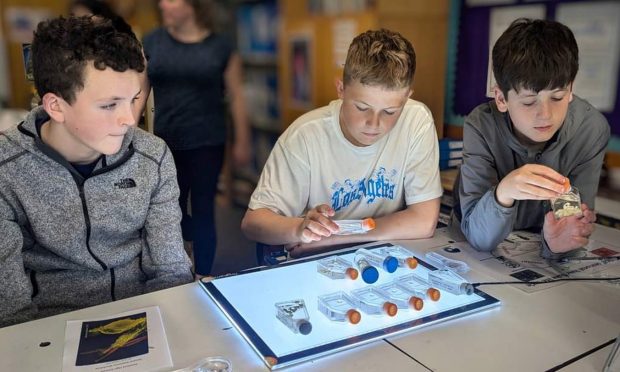
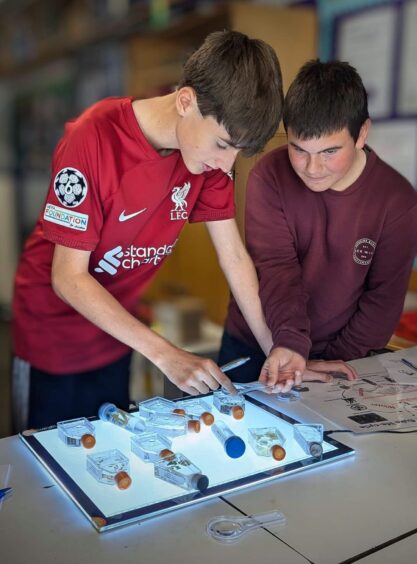
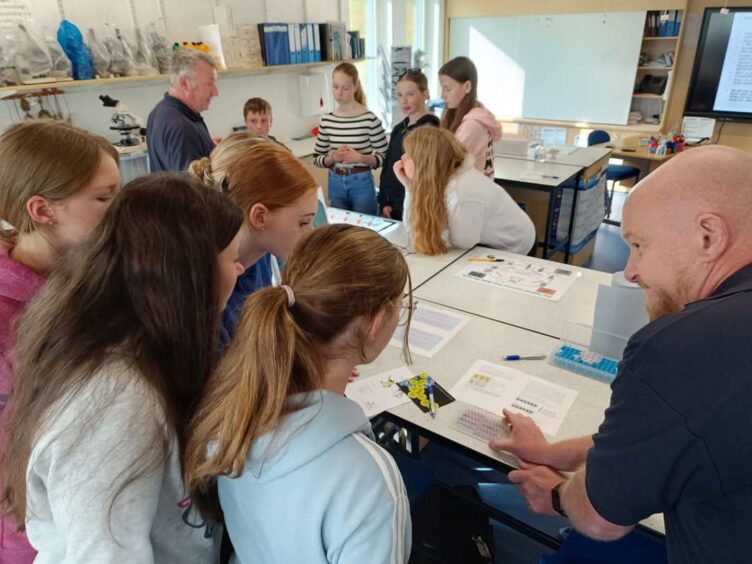
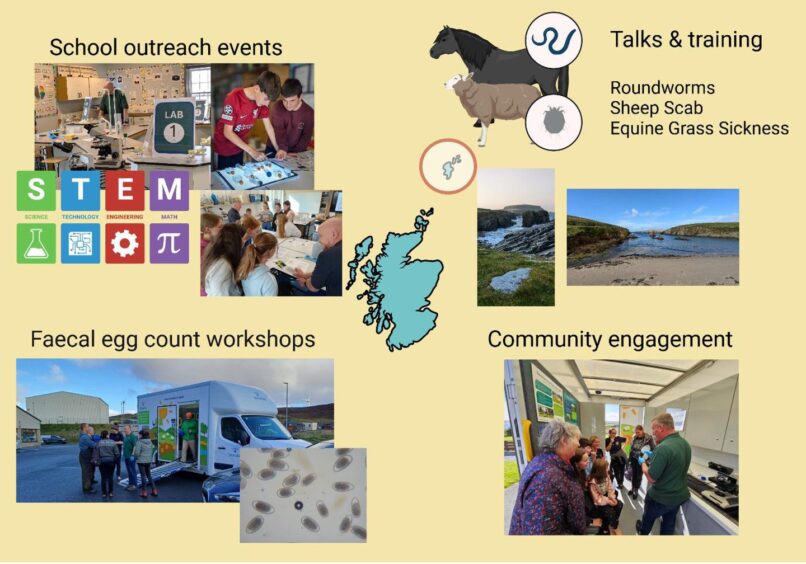
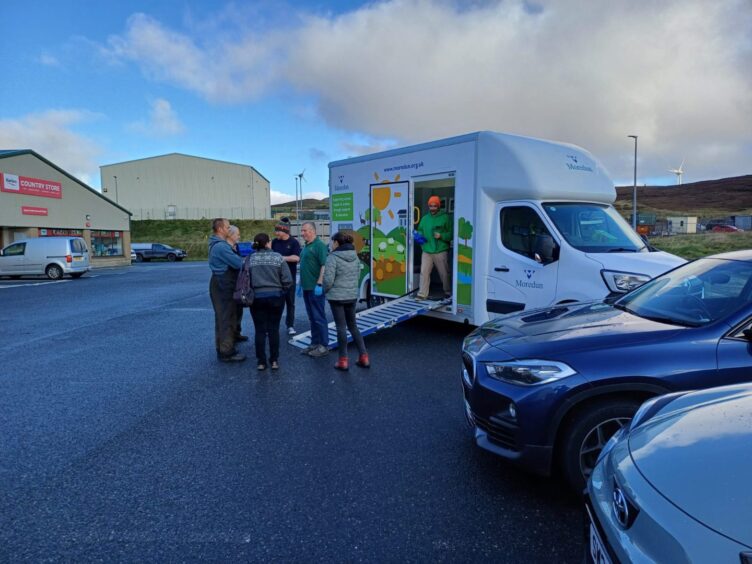
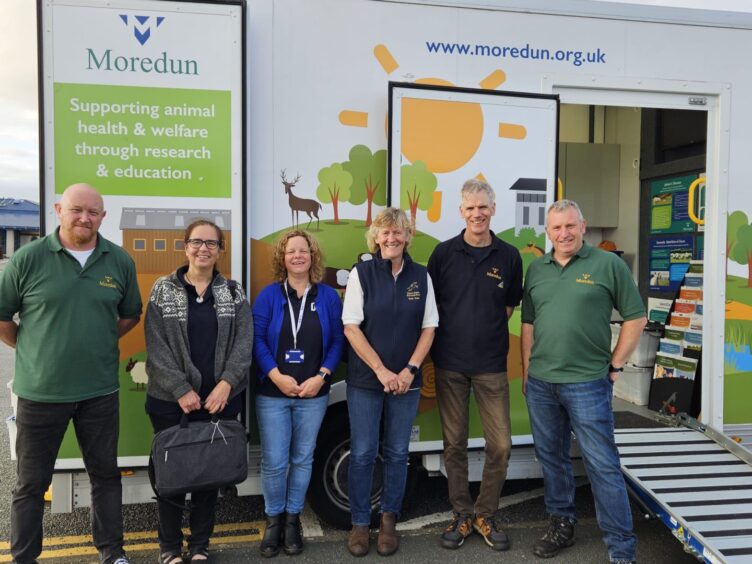
Conversation